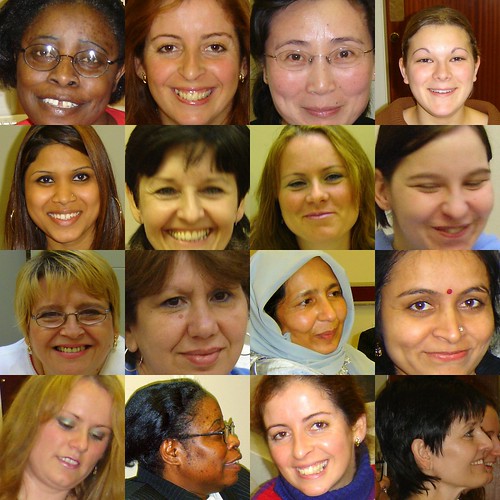By Steve Mollman of WSJ:
Facing age 40, Paul Luciw decided an extensive health checkup was in order. His local hospital in Hong Kong said it would cost the equivalent of about $1,300.
He got a quote from Bangkok's Bumrungrad International hospital for about $300. So, with a few buddies who also wanted checkups, he made a mini-vacation out of it earlier this year.
The article gives figures quoted by Ruben Toral, marketing director at Bumrungrad International:
Health-care services in Thailand is
- about 40 percent cheaper than in Singapore
- about 75 percent cheaper than in Japan
Mr. Toral also says the number of foreign patients at his hospital jumped to more than 380,000 this year, from about 168,000 in 2000.
Quality Assurance in Globalization of Medicine
The Joint Commission International is a U.S.-based accreditor of health-care organizations around the world, which
extends [Joint Commission on Accreditation of Healthcare Organizations (JCAHO)]'s mission worldwide. Through international consultation, accreditation, publications and education, Joint Commission International helps to improve the quality of patient care in many nations. Joint Commission International has extensive international experience working with public and private health care organizations and local governments in more than 60 countries.
What this means for medical students
I personally do not see any significant force or event of sufficent strength and persistence--save an all-out WWIII as in Scorpion's Gate--to reverse this emerging trend. One could make the argument that for U.S. patients, the psychological and financial barriers are a bit higher, given the longer distance required for travel and the stronger baseline suspicion we harbor towards foreign science and technology. But at least within regions--specifically Asia and Europe where medical tourism has been observed by local media to have emerged--this trend will be irreversible. The main question then is how far will this go?
From a medical student's perspective, it does not seem unreasonable to go into a global medical practice. That is, since we have no established practice of yet, this trend is less disruptive than it is promising. As an example, for 6 months out of the year, my family and I could fly to an Asian country and practice, where given the lower local costs I charge lower prices and I live cheaper. Suppose I was a pulmonologist, then I could help deal with the COPD patient population to come given the massive cigarette consumption in Asian countries. For the other 6 months of the year, I could practice in the U.S. in an academic center where I can focus on taking care of American patients and learning the latest developments of my field. For more elective services, I might even be able to refer U.S. patients to my Asian practice.
Some pre-requisite:
- Infrastructure: sufficient number of academic centers/practice groups need to be comfortable enough with accepting such international doctors.
- Accreditation: it sure would be nice if medical licensure can become global. I don't see this happening anytime soon since this is the major mechanism for controlling the supply of doctors in the U.S.
- Well my hypothetical wife and children will have to be able to accept this lifestyle. As far as education for children... I guess I'll just enroll them in MIT's Open CourseWare :)
Technorati Tags:
Medicine / Medical tourism / Globalization of Medicine




No comments:
Post a Comment